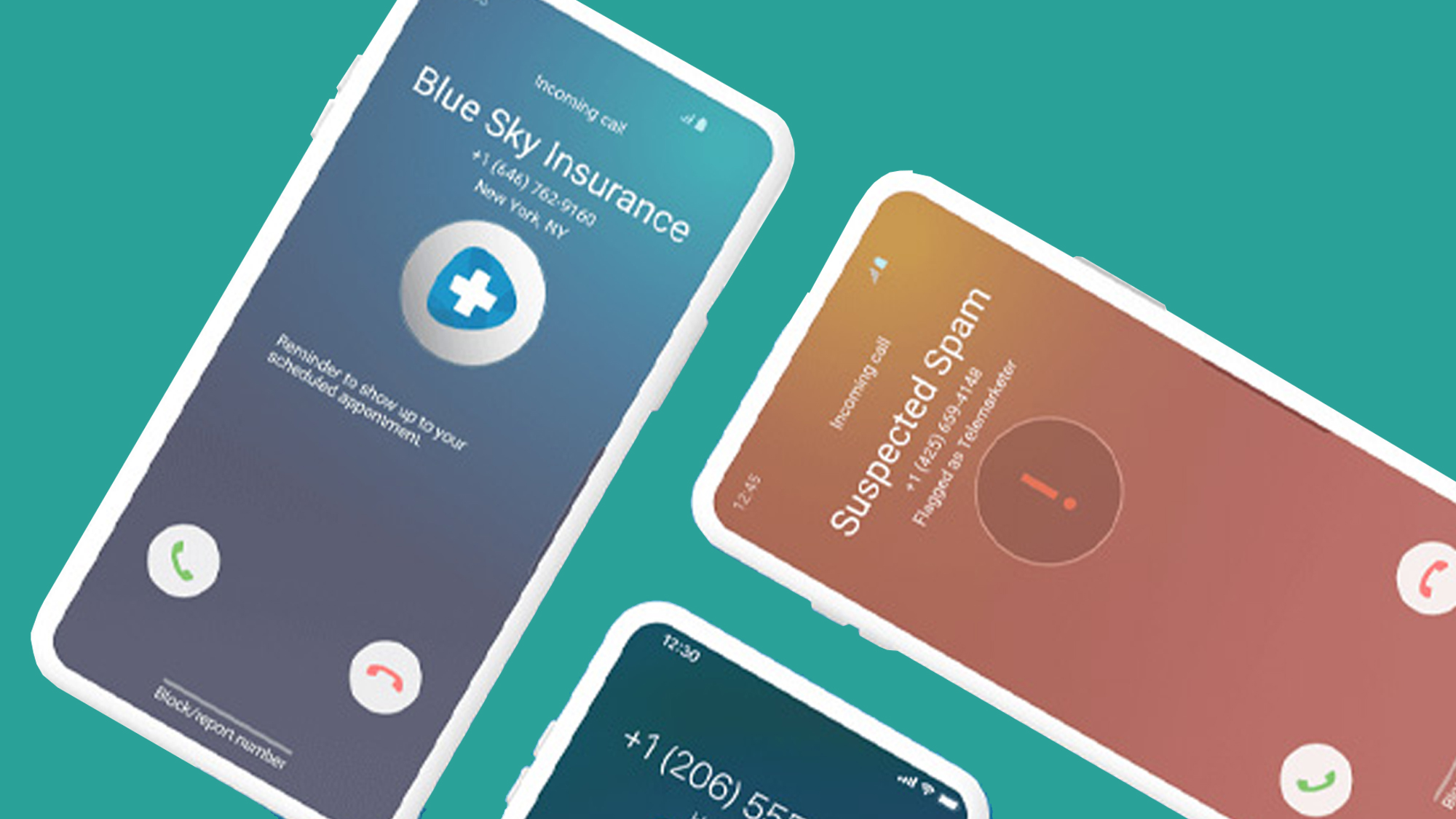O2’s new Call Defence tool uses AI to protect you from scam calls for free
New AI-powered feature detects and flags scam calls for free

Sign up for breaking news, reviews, opinion, top tech deals, and more.
You are now subscribed
Your newsletter sign-up was successful
- Call Detect uses adaptive AI to assess calling number behaviour in real time
- If the system suspects a scam, it will warn users before they answer
- The latest tool from O2 to protect its customers from fraudulent calls
In the battle against scam and spam calls, O2 has deployed a new tool to help protect its customers from fraudsters. Call Defence uses adaptive AI to assess calling numbers. If the system suspects that the number isn’t legitimate, it will warn users before they answer the phone.
Developed with Hiya, a voice security firm, the feature gives O2 users another layer of protection against fraudsters. It comes amid a wave of increasingly sophisticated scam calls and phishing attacks, some of which use AI models to clone the voices of friends and family.
According to O2, Call Defence is able to analyse the behaviour of a calling number in real time against a risk benchmark. If the tool determines that a call could be scam or spam, it will flag that on the user’s smartphone screen with the message “Suspected Scam”. They will then have the choice whether to answer the call.
O2 said the new tool is being rolled out in stages. It will be activated automatically for users on Pay Monthly custom or SIM Only plans, as well as O2 Business customers. Pay As You Go customers will receive a message when it’s available to them. You don’t need to do anything to activate the free feature, although iPhone owners will need to make sure running iOS 18.
Because Call Defence runs on the O2 network, it will only work on incoming voice calls received when your smartphone is connected to O2. It won’t shield you from scam or spam calls received via WhatsApp, for example, or protect you if you’re roaming overseas.
Red flags

O2 isn’t the first UK network to use adaptive AI to tackle scam calls, but it is the first to offer the feature for free. In July, EE launched Scam Guard, a subscription service which gave users extra protection against fraud. Available from £1 a month, the plan included a similar spam and scam call labelling tool, also powered by Hiya.
The feature is O2’s latest AI-powered weapon in the fight against fraudsters. Just a few weeks ago, the company launched Daisy, an AI-powered grandma designed to waste the time of phone scammers. Daisy uses a generative AI speech model to keep scammers locked into a conversation, preventing them from attempting to scam real people.
Sign up for breaking news, reviews, opinion, top tech deals, and more.
It’s not just mobile networks that are attempting to tackle the scam scourge. Google is rolling out an AI-powered Scam Detection feature for its Pixel Phone app, although this is only available in the beta version for US users for now. Microsoft has also demonstrated Azure Operator Call Protection, a similar feature which is being trialed by BT Group in the UK.
As effective as these tools might be, scam calls remain a real and present risk. The most reliable defence against fraud remains user vigilance. If you’re not sure whether a call is genuine or not, you should always err on the side of caution.
Murray Mackenzie, a fraud-prevention expert and Director of Transformation at Virgin Media O2, encouraged customers to be proactive. “With fraudsters forever evolving their tactics, customers can help us stay one step ahead by reporting suspected scam calls and texts to 7726.”
You might also like...

For more than a decade, Chris has been finding and featuring the best kit you can carry. When he's not writing about his favourite things for Stuff, you'll find Chris field-testing the latest gear for TechRadar. From cameras to classic cars, he appreciates anything that gets better with age.